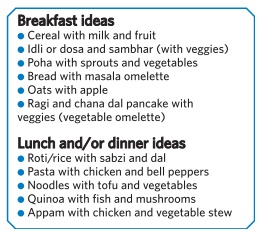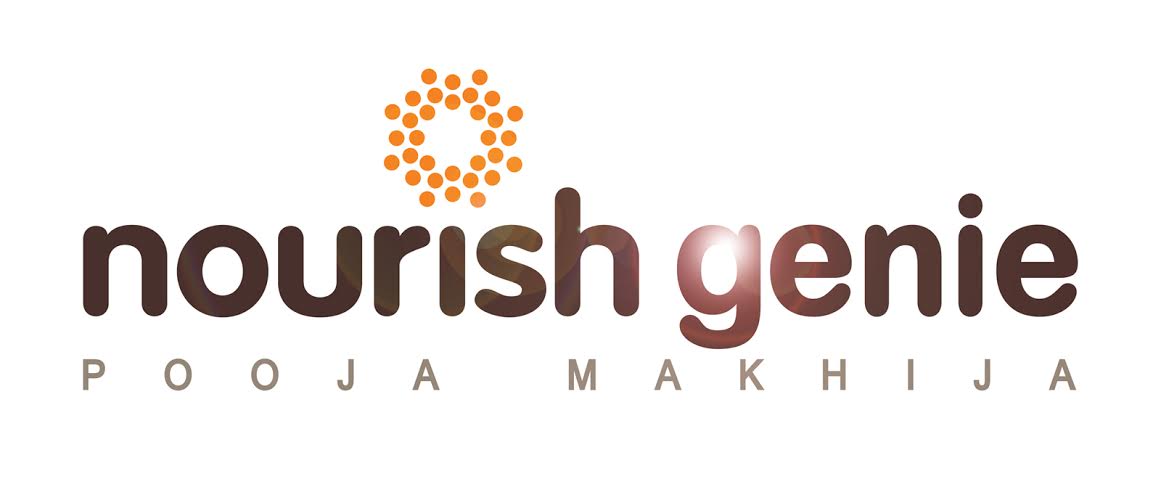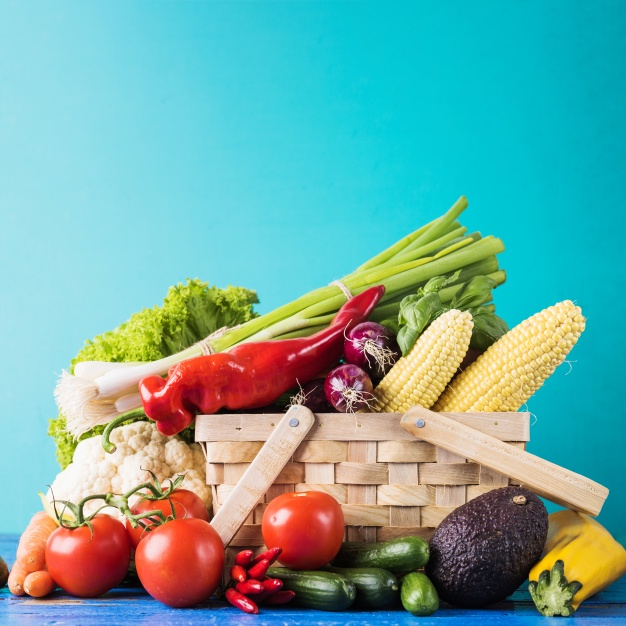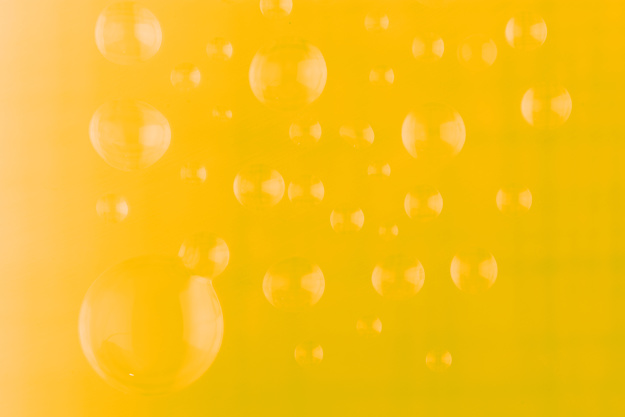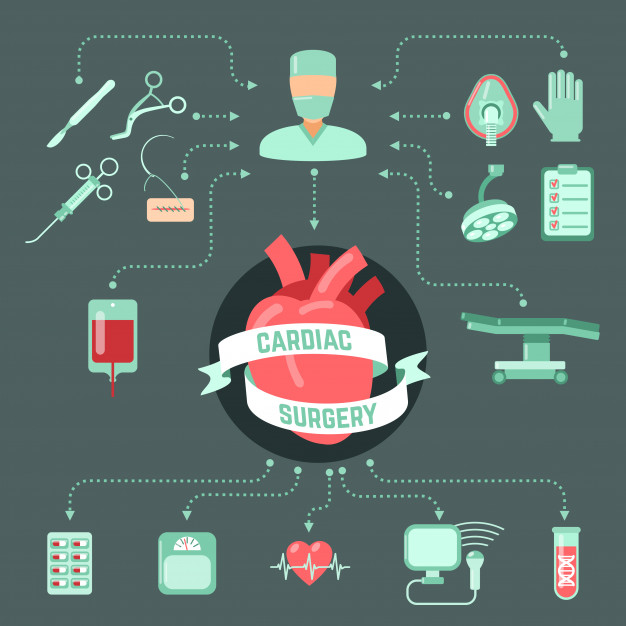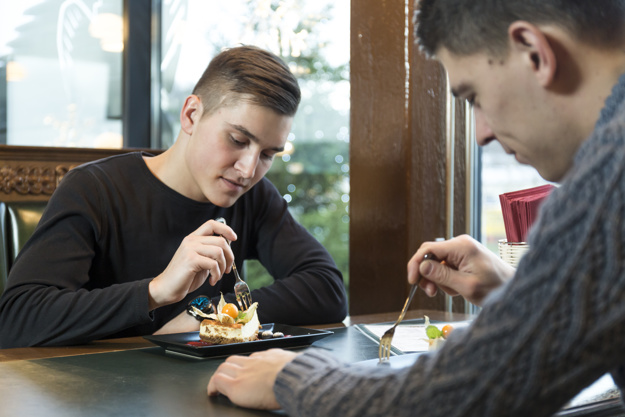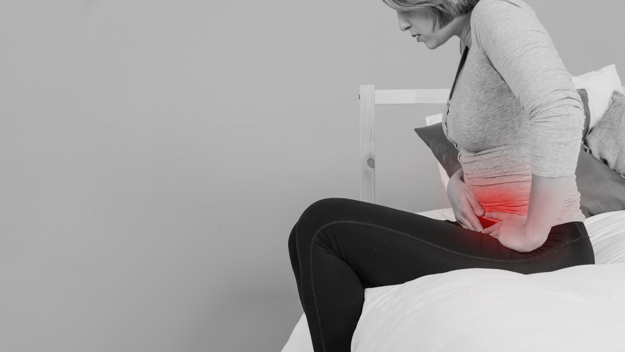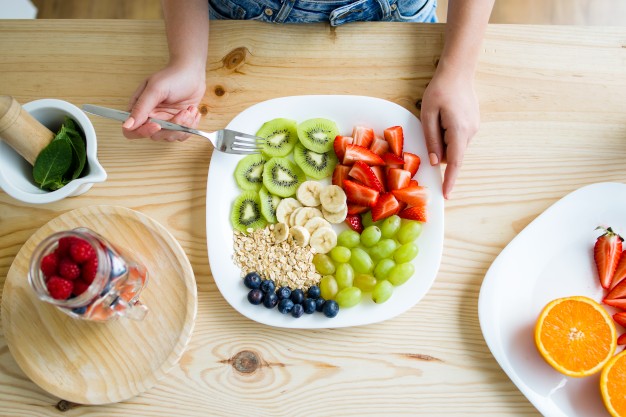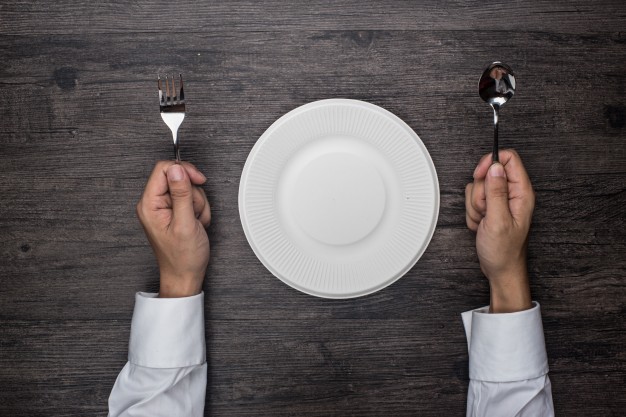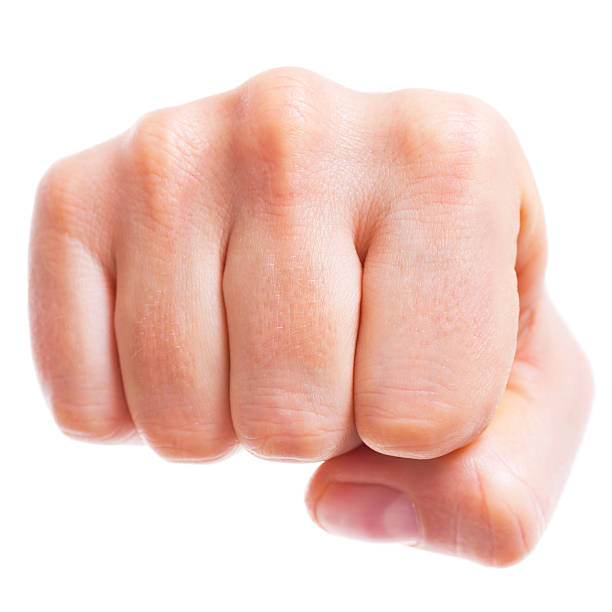Dear Pooja,
I am 21. Becoming overweight is my problem. I have put on about 15 kilos of weight in the last three years. I tried many ways – walking, swimming, dieting – but gained weight. I did not get benefits from any of that. Maybe because I expect quick results that I get disappointed. How much time is needed to lose weight? Which is the best healthy and economic way to lose weight?
Just like any vocation or course that you would be currently studying Jwala, the knowledge and the experience will stay with you for the rest of your life not just until you are in university studying it. Similarly food, exercise and body weight all part of a continuous circle. Maintaining body weight is not a one-time effort that you try, succeed or fail and then drop the actions that took you there. You are what you eat – your weight is nothing but a balance of how much you eat and how much you burn (exercise). Learning this art of balance is a one-time deep, rooted-effort that each and every one of us must make and then maintaining your body weight will be easy as the that friend or colleague that you always envy has got it lucky. Walking, swimming and eating – all are calorie burning processes – then why would they not let you lose weight? But while burning the calories through exercise if you are eating just as much or maybe a little more then you cannot see the scale go down. Calculate your need (BMR – through several online tools) and then break up your day’s meals to fit in that number. Now increase the burn by doing an intensity and duration controlled cardio daily – do this consistently for a few weeks (there is no short cut to losing weight) there is no way but to lose that fat that is bothering you. Once you succeed in this effort please do not let go of this awareness and this basic balance of input and output and you shall never have to fight the battle of bulge again.
Dear Pooja,
My sister was diagnosed with jaundice earlier this month. She is recuperating at home now. Currently, she is on a liquid and soft food diet. She feels weak all the time. We eat non-vegetarian food at home. I was wondering if you could help us with what she can start eating and what she should avoid. Are there any particular snacks we should give her?Jaundice has a direct effect on the digestive system thus taking care of what you eat can help you recover faster. Low fat and high fluid diet is the key emphasis. To maintain the fluid and electrolyte balance hydrate yourself with ample amounts of water, chaas, coconut water, soups, juices, smoothies and milkshakes. Eat small frequent meals so as not to load the system at one time. Good quality and quantity of protein is important to recuperate faster. White lean meats like chicken and fish can be lightly steamed or grilled and consumed about two to three times a week. Egg whites are excellent in both their quality and quantity of protein so please add them generously to your daily diet. Foods to avoid include all fried and heavy calorie laden foods including cakes and candies, extra masala and spice, extra fibre – thus peel the fruits and avoid vegetables like with more seeds like cucumber, brinjal, tomatoes, stay away from carbonated drinks and excess caffeine as they irritate the gut. Home cooked food in good hygiene, less oil, lots of fluids and even more love is the quickest and easiest route to hasty recovery. Get well soon!
Dear Pooja,
My father, 72, had an open heart surgery a few weeks ago and is better now. He did not have a heart attack, and he does not have diabetes nor high BP. What are the kinds of foods he can have now to gain back his strength? He is slim and had been otherwise fit always and is a vegetarian.Your father can most easily be the best example to what I say over and over again ‘You are what you eat’ being a wise eater thus the absence of any excess weight baggage and like you said fit always’ and therefore is metabolic disease free even now. The reason for an open-heart surgery could very well be age related plague deposition as the most noticeable characteristic of vascular ageing is the change in the mechanical and structural properties of the vascular wall. Now to help him regain his strength first focus should be on better quality proteins – being vegetarian please ensure you are giving him one-two servings of dal/pulses/sprouts daily – low fat milk and its products and if possible introduce some quinoa and soyabean weekly. Vitamins are another point to emphasis thus ensuring no micro nutrient deficiency leading to delayed healing. Two-three servings of vegetables plus an additional raw veggie juice daily (minimum three colours of vegs) along with two-three servings of fruit daily should do the trick. Ample hydration, adequate sleep and slow walks for about 15-20 minutes a day should help in better recoup and recovery. Check with your doctor or nutritionist for basic multi vitamins and some B12 as well as omega 3-6-9 supplements since he is vegetarian. Always keep the faith in the magic and the powers of healthy frequent eating and may he have a long healthy life ahead.
Dear Pooja,
My son is 14 yrs, height 5’3″ but weight is 84 kg. He started a crash diet . I want a healthy diet which can help him reduce weight but with no loss of essential elements .
His daily routine is wake up at 6:30 am and go to school at 7:30am . In school two break at 9:30am and 12:00pm respectively. After that he comes back at 3:15 and goes to the gym at 4:30 pm for a hour. Then comes home to eat some snacks. At night he eat dinner at 8:30 pm. We are pure vegetarian. Please help meIn today’s children awareness about the weight and their body size is setting in earlier then before and especially once they in their teens they are conscious of the way they look particularly in comparison to peers. Teaching them the correct relationship to food at this point (and many a times even much earlier) is most essential else they fall in to the trap of equating food to calories and thus fearing it always. Giving up food or starving then seems to be there only route to losing the excess weight they are carrying. Teaching them the importance of food through its food group system and the significance and function of each is the prime crux. Carbohydrates (which most fear – leave alone just kids) are the prime source of fuel – daily activities of running, studying, playing even just sitting requires energy that comes from carbs and this vital food group is usually the first to be omitted. Lack of adequate carbs leads to growth retardation, poor immunity, low stamina, crankiness and mood swings among a hundred other side effects. Importance of proteins for growth, height increment, wear-n-tear and repair is most crucial. I cant even stress enough on the daily inclusion of fruits and vegetables as this is what will shape their skin, nail, hair, bowel movements and so many essential internal body functions all of which depend on the vital vitamins and minerals nutrients they provide. A balance of these essentials is fundamental to live a life of quality, growth and prevention of disease. Sadly I am unable to provide a diet particularly for your son through this column but I’d strongly recommended visiting a professional that will advise and guide him in the right direction now itself. All the best!
Dear Pooja,
My 17-year-old daughter suffers tremendously during her menstrual cycle every month. During those days, she barely eats and says most foods make her feel nauseous. Are there foods that will help ease her symptoms? Should she avoid certain foods? Does staying active help? Please advise.
Painful periods is a very common problem among teenage girls and women which hinder their normal school related, household or job work. Although some pain during periods is normal, excessive pain is not. The medical term for the same is dysmenorrhea.
Now the diet during these days is the most important and not eating is going the make the symptoms of discomfort worse. A diet rich in carbohydrates (roti, rice, bread, puha, upma and the like) having a good focus of good quality protein (egg whites for non vegetarians and soya, quinoa, pulses for the vegetarians) helps to continue the wear and tear functions of the body smoothly which is high during monthly menstruation due of uterine wall breakdown. So make sure you feed her some of these foods in the any form that she likes – the cuisine, style of cooking and taste can be adjust to suit her taste buds but eating is most essential.
A diet rich in vitamin B6 or pyridoxine helps ease period pain. Include fish, beef, starchy vegetables like potato, banana , rice, fortified cereals in your diet to get good quality B6 or even a supplement (50-100mg) a few days prior to, during and 3-4 days post completion of your periods every month is a good way to alleviate this pain. Among other aids – a warm water bag or heating pad applied to the lower belly area, light circular massage on the abdomen, warm beverages, warm shower or bath and light exercise all help to ease the pain. Good luck!
Dear Pooja,
I am a middle aged woman. I regularly suffer from acidity. Digesting food easily is difficult for me. Even when I fast for the whole day, I suffer from acidity. This is why I have also been unable to gain any weight since a number of years. Although my appetite is normal, the acidity becomes a problem. What should I do?Acidity is an ailment that we all have suffered from at one time or another. Do remember acidity is a sign our body is trying to give us. The most obvious signaling is because of large gaps between meals. Our gastric lining produces the acid as a means to aid digestion – as its enzymes only activate and function in an acidic medium. When the gaps are too long this acid starts corroding it’s own lining causing ulcers. One of the best ways to neutralize the acid produced is to give it the food, this way the lining of the stomach is always protected and belching, heart burn or acidity is kept well at bay. Fasting sadly is not helping this process unless you eat a fruit or some milk every few hours. One of the easiest ways to eliminate acidity is to eat a fruit within the first half to hour of rising – this helps break the long gap between dinner the night previous and breakfast. Avoid starting your day with caffeine – your must have cuppa of tea or hot coffee first thing in the morning only triggers the acid producing cells to work better and faster. Line the tummy with some food first – if not a fruit then a toast or khakra or a biscuit and let the tea follow 20 minutes later. Acidity may be a minor ailment but if left uncorrected can be the cause many bigger problems like frequent sore throat, nagging recurrent cough, migraines, dental cavities just to name the basic few.
Dear Pooja,
I have erratic work hours and don’t get to eat on time. I do carry small snack pouches with walnuts, almonds, anjeer and small boxes of kurmura. I munch on fresh fruits between meetings sometimes. These help me through the day. However, after seven in the evening, sometimes our conference meetings last for continuous hours (8pm to 11pm). I know it is not right to eat late but staying up for so long (I reach home by midnight) makes me very hungry. What is the ideal food / drink that i can have before i sleep? I cant go to bed so hungry but I dont want to eat anything heavy or anything too sweet.
So happy to hear that you have learned the magic of eating small frequent snacks through the day and carry a handbag as heavy as mine – stuffed with more food than any other little things! LOL! Keep that up!
Of course you can’t sleep on an empty stomach – no one can. I know people have their own busy chaotic schedule and food doesn’t fit into the pattern many times. But you are doing a great job through the day and you could continue doing the same through the latter end as well. I’d suggest you should have your dinner early just before you enter these long marathon meetings. It could be simple frankie wraps or stuffed rotis or mixed rice with sprouts and veggies or a sandwich (all of these taste fine even when eaten cold). Through the meetings you could just gobble down a biscuit or some chana on your way in or out of a quick loo break – that way you still eating two hourly. And then once your home you are not ravenous since you ate a filling meal at 8pm (and every two hours in between) so now you could have a warm soup or a bowl of dal or a cup of milk with little fruit immediately as you reach. By the time you unwind and get into bed a good 30-45 minutes have passed and you are then good to call it a day and snooze! Good luck! And never stop the small frequent snacking.
Dear Pooja,
I am a 22-year-old woman suffering from DHT (which is now above borderline.) I weigh 60 kgs and my height is 1.65.1 cms. I had lost weight almost a year ago and have been on medication for DHT for over a year, yet it has not come in control. I will soon be going abroad for studies and I’m scared of weight gain. I’m very fond of eating eggs. How many times can one consume eggs in a week? Are there other foods that I can eat with eggs, which won’t affect my DHT levels adversely? I suffer from constipation as well. Please suggest a diet I can follow when I’m outside the country.Dihydrotestosterone (DHT), a derivative of the male hormone testosterone, is the enemy of the hair follicles on your head. DHT shrinks hair follicles, making it impossible for the healthy hair to survive. Attacking more men than women but sometimes certain factors tied up to the action of hormones, including, ovarian cysts, taking high androgen index birth control pills, pregnancy, menopause or then even heredity can make us more prone to being the victims of DHT attack. Reducing this hormone with medication in conjunction with a balanced nutritious daily eating can help you save your crowning glory in time. Fresh fruits and vegetables will give the essential vitamin A that only promotes a healthy scalp but also promotes hair growth. Thus include at least 2-3 servings of vegetables and fruits each daily, I’d emphasis strongly on glass of fresh raw veggie juice daily which is not difficult whether you live here or any part of the world. Fruits and vegetables also help you procure the B complex vitamins which are very essential for healthy hair growth. Omega 3 is another focal point so try to include some fatty fish in your diet two-three times a week – eggs on the hand can be part of your daily diet. Eat egg whites daily anywhere between two-four a day and a yolk about twice a week depending on your cholesterol levels. These help keep the proteins levels high that is another important trick to prevent unwanted hair loss. Ample water, three-four hours of exercise a week and minimum indulgence with high sugar, high fat foods shall help you maintain healthy weight and hormones levels to nip the problem soon. Good luck!
Dear Pooja,
With Diwali just over, I know I have sinned with my eating and exercise. How do I make up? How do I pick up all the efforts where I left off?
To err is human, right? Well, to fall off the wagon is expected of many but the intensity and gravity to ‘want’ to get back on is that demarcates achievers from the non-achievers. Clap, roll and drums to those who resisted the temptations the week had to tickle and tempt us with – really will power and motivation is an acquired skill, the more you practice the stronger and more successful you get with it. But the cause to get back on track is also noble and commendable (many lose the way just about here) and good part is that it is not difficult to do the same. The first efforts I’d focus on are to get the total oil/fat intake of the day in control. Be more vigilant in the kitchen if maids are cooking or better still you take the initiative – this is the backbone to controlled calorie intake per day. Ensure an hour (or may 80mins/day) of cardiovascular activity at least 4-5 times a week – regulated output is the best way to burn the ‘cheats’ committed during the festivities. Regulate, control or avoid any more outside food eaten for the coming week or so – do remember however hard you try the oil quota is difficult to control when you dine out. The key to ‘pick the bus’ where you left off is the keen desire and wiliness to forget the errors and start back immediately – the longer you wait to ‘start back’ the more difficult it is – so for all those (and I’m sure the numbers are a vast majority) who slipped – pull up your socks – you erred but now lets make up, be more vigilant, more committed, more dedicated to cause of getting healthier and slimmer cause ‘where there is a will, there is always a way!’
Remember those `united we stand, di vided we fall’ ads that used to play on DD? Those cute little short films, about the importance of unity? The funda was simple: five fingers by themselves will not be effective unless you close your fingers and make a fist. The same principle works for your body as far as a balanced meal is concerned.
5 FINGERS OF WEIGHTLOSS
By themselves, the Five Fingers of Weight Loss -proteins, carbohydrates, fats, vitamins and minerals -have their own functions. But the various nutrients must act in unison for effective action. In other words, for long-lasting weight loss or weight management, you need to eat all five nutrients. Every day. There is no other way.
The Five Fingers of Weight Loss can further be broken down into three macronutrients (proteins, carbs, fats) and two micronutrients (vitamins, minerals); the reason it is divided this way is because it rep resents the relative importance on your plate.Don’t overload your vitamins at the cost of carbs, or cut fats and go crazy about protein.Too much emphasis as well as the absence of any one nutrient will compromise your health and result in short-term gains sending you right back where you started. Any meal plan that is skewed towards any food group, including proteins or raw veggies,w i l l give rise to a host of medical problems, and will result in a diminishing effect on your system. If you think your diet is unbalanced, it is. You cannot be short-sighted about it as the ills will eventually catch up with you.
On your plate lies the answer to many issues plaguing your life from the mental to the physical. Your plate holds not just fuel for your system, but carries all the tools you need to do more with your body and your life. Because food is not just fuel. Food is power.
Collectively, these five nutrients are your defence against disease, obesity, heart at tacks and almost anything else you need to ward off. Diabetes? Make a fist. Heart disease? Hey, you’ve got your fist. Obesi ty? Talk to the fist, baby! So many dis eases are lifestyle-related and can be eradicated -not just improved -by the rule of the fist.
